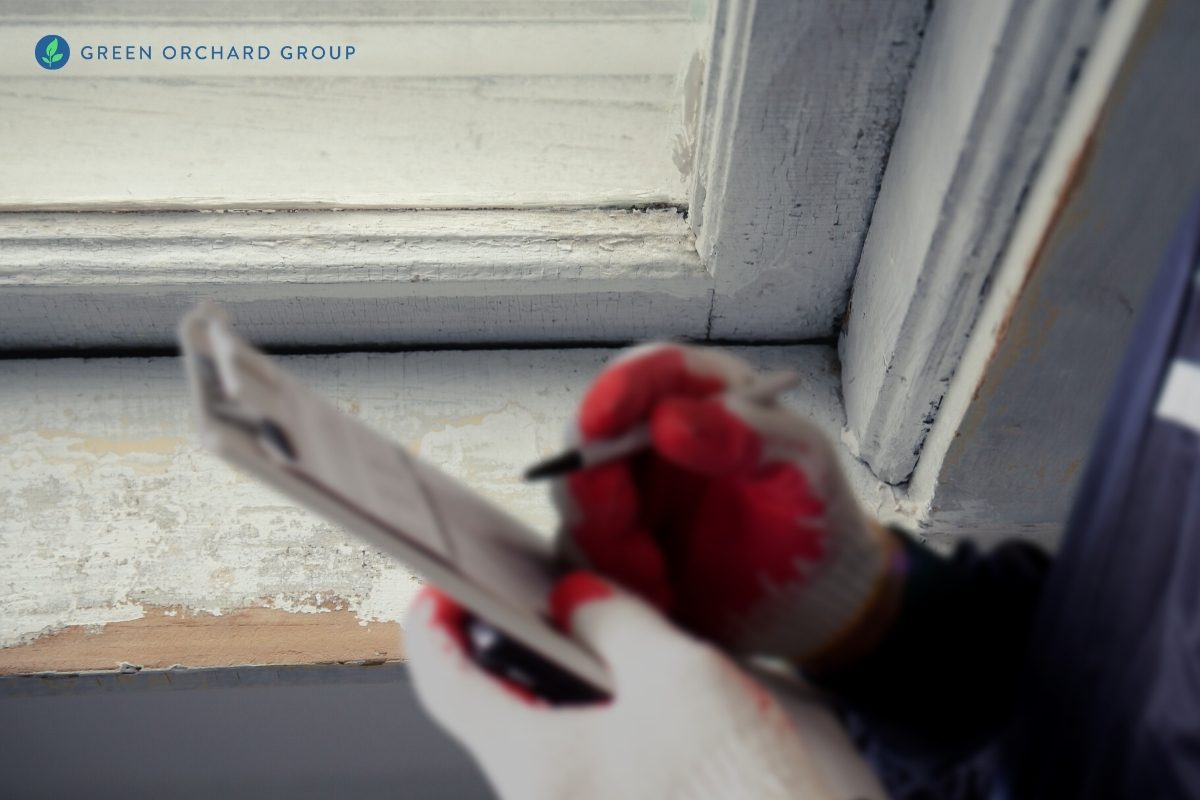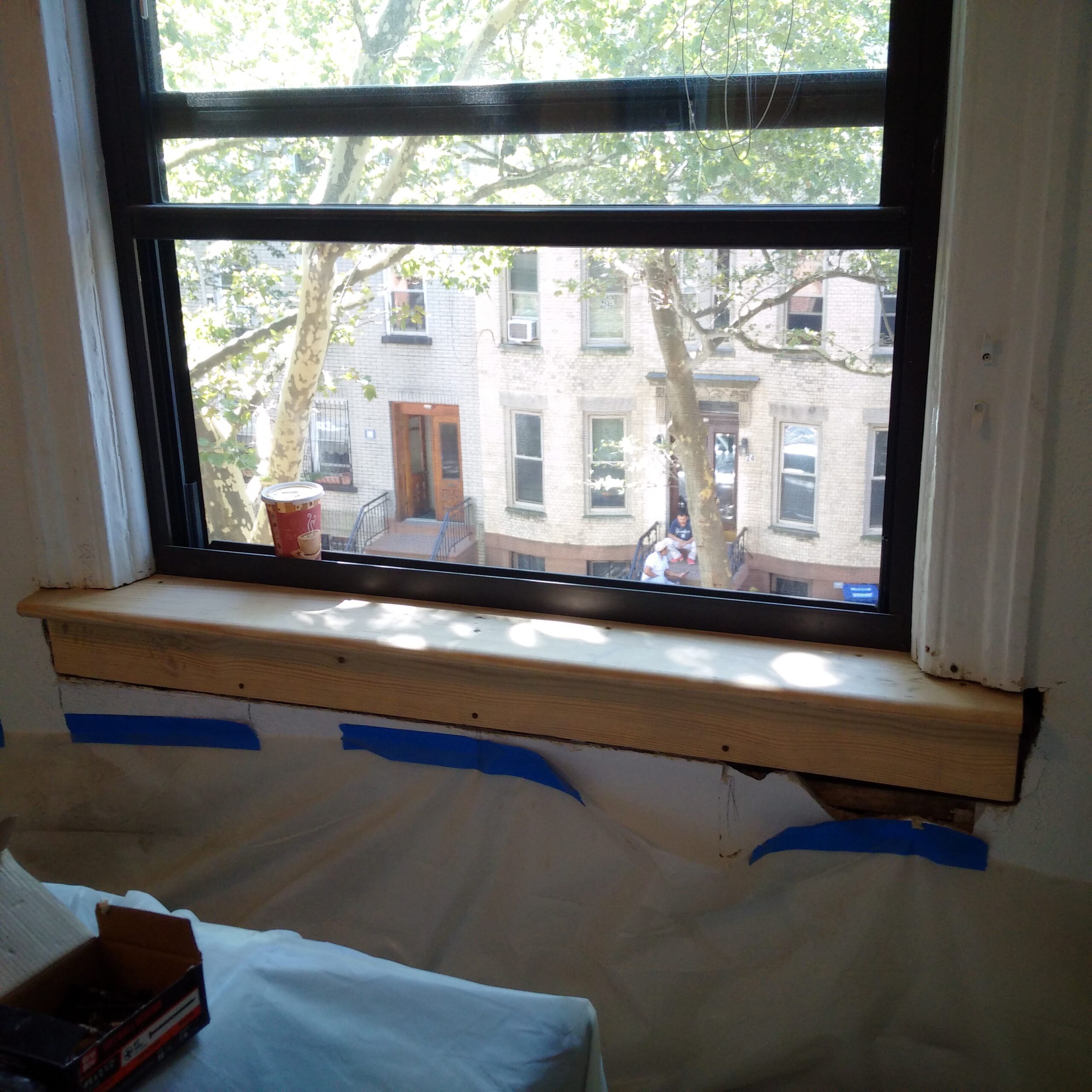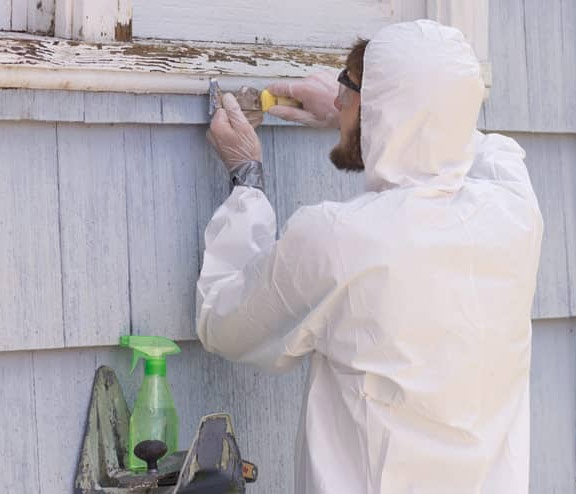DOH & HPD Lead Violation Removal NYC-- Specialist Providers for Conformity
Essential Tools and Techniques for Reliable Lead Offense Cleaning
Addressing lead violations efficiently necessitates a detailed technique that mixes the right tools with calculated techniques. Simultaneously, the use of specialized cleanup devices, such as HEPA vacuums and lead-specific cleansing agents, is imperative for extensive impurity removal. Effective containment techniques, including plastic bed linen and negative air pressure systems, are crucial to avoid the spread of hazardous products.
Individual Protective Devices
Personal protective equipment (PPE) is a crucial element in the effective monitoring of lead contamination clean-up. PPE acts as an essential barrier, protecting workers from the unsafe results of lead direct exposure, which can lead to extreme health consequences. The vital PPE for lead cleanup consists of respirators, protective garments, handwear covers, and eye security. Each sort of tools is especially made to minimize various threats connected with lead particles and dust.
Respirators, particularly those equipped with HEPA filters, are essential for filtering air-borne lead particles, avoiding inhalation. Protective clothing, consisting of coveralls and disposable matches, avoids lead dirt from adhering to employees' garments, lowering the risk of second contamination.
In addition, rigorous training on the correct use and upkeep of PPE is essential. Workers have to be enlightened on donning and doffing procedures to avoid contamination. Regular examinations and replacements of PPE parts are essential to preserve their protective capacities, making certain a risk-free and compliant cleaning operation.
Specialized Cleaning Tools

One more vital device is the wet/dry vacuum, which can effectively tidy up both dirt and liquid pollutants. These vacuum cleaners commonly come with HEPA filters to give an added layer of safety. Damp wipes or tack towels are likewise important for surface cleaning; they are especially developed to record and hold lead particles, reducing the risk of spreading out contamination.
For even more stubborn deposits, specialized lead-removal cleaner are needed. These representatives are developed to break down lead fragments, making them much easier to get rid of. Scrub brushes with tough bristles can assist in this process, specifically on harsh surfaces where lead dirt often tends to stick a lot more strongly.
Furthermore, encapsulants are made use of to seal lead-contaminated surfaces, avoiding the launch of lead dirt. These specialized paints and coatings are designed to comply with various substratums, providing a lasting option for lead control.
Efficient Control Approaches
Efficient containment techniques are essential in minimizing the spread of lead contamination during cleanup tasks. Implementing robust control techniques guarantees that lead bits do not move to untouched areas, consequently safeguarding both employees and the atmosphere. One primary method is making use of plastic sheet to secure off infected areas. Durable polyethylene barriers can be installed from flooring to ceiling to produce a regulated job area, dramatically lowering the threat of air-borne lead dust dispersal.

To boost containment, encapsulants can be put on surfaces that are not being removed or interrupted. These specialized coatings bind lead dust, reducing its availability for resuspension. Furthermore, all workers should put on proper Individual Safety Equipment (PPE), including respirators and disposable matches, to protect against contamination spread.
Safe Disposal Practices
Making sure secure disposal methods is an essential element in the administration of lead contamination cleaning. Correct disposal minimizes the risk of lead coming back the atmosphere and threatening public health (DOH & HPD Lead Violation Removal NYC).
Carrying lead waste requires adherence to rigorous standards. Making use of certified harmful waste service providers ensures that the materials are managed properly. Documentation, including materializes describing the type and amount of waste, need to accompany shipments to track the waste from the website of origin to its last disposal location.
Designated contaminated materials disposal centers pop over to these guys are geared up to manage lead-contaminated materials securely. These centers usually employ advanced approaches such as stabilization, solidification, or chemical treatment to neutralize the lead prior to disposal. Landfilling in specialized, lined areas that stop leachate from contaminating groundwater is an usual practice for last disposal.
Regular training for employees entailed in lead waste disposal is critical to keep security criteria and protect against unintentional exposure. By adhering to these methods, companies can dramatically reduce the environmental and health and wellness impacts associated with lead contamination.
Regulatory Compliance Tips

Abiding by regulatory conformity is critical in the effective execution of lead contamination cleaning. Comprehending and complying with government, state, and regional guidelines guarantees not just the security and wellness of individuals but additionally the legal and monetary health of the cleanup organization. The Epa (EPA) sets stringent standards, such as the Lead over here Restoration, Fixing, and Painting (RRP) Rule, which mandates correct certification and training for service providers taking care of lead-based tasks.
Conformity begins with an extensive assessment of relevant regulations and regulations. Organizations needs to stay updated on any legislative modifications, which can be promoted via normal training sessions and subscribing to sector updates. Documents is another vital compliance aspect; maintaining comprehensive records of learn the facts here now all tasks, consisting of assessment records, employee training logs, and disposal shows up, is vital.
Additionally, engaging with accredited lead assessors or take the chance of assessors ensures that lead threats are correctly identified and minimized. Companies have to apply using Personal Protective Equipment (PPE) and make certain that safety and security procedures are strictly followed. Finally, clear interaction with stakeholders, consisting of staff members, clients, and regulative bodies, will foster a society of conformity and accountability, inevitably contributing to a much safer and a lot more efficient lead cleanup procedure.
Final Thought
Efficient lead infraction cleaning necessitates the integration of specialized devices and calculated methodologies to guarantee safety and security and efficacy. Making use of HEPA vacuum cleaners, specialized cleansing representatives, and effective containment techniques such as plastic sheeting and negative air stress systems is essential. Personal protective tools (PPE) safeguards employees from direct exposure, while safe disposal techniques and stringent adherence to regulative conformity are essential for sensibly taking care of hazardous waste. Collectively, these actions substantially reduce health and wellness dangers and add to a cleaner setting.